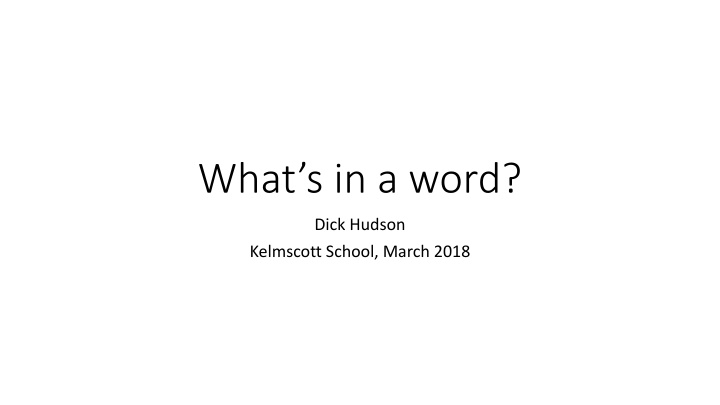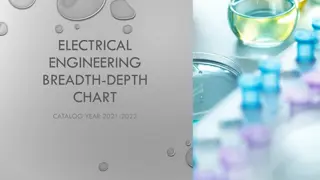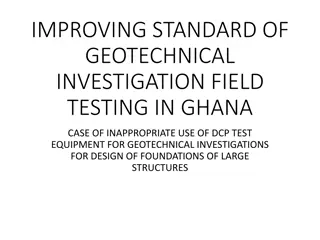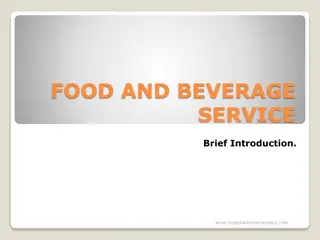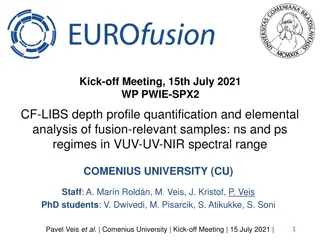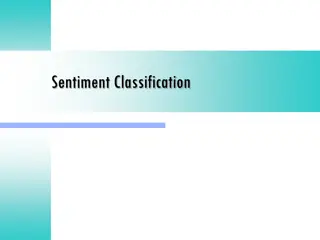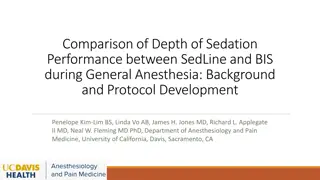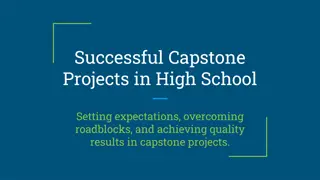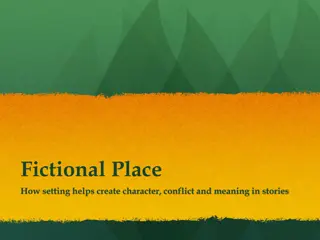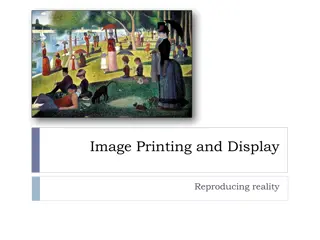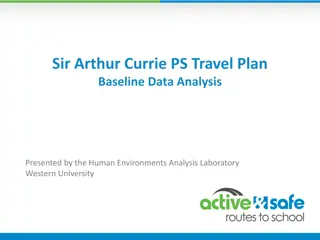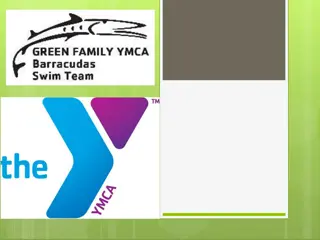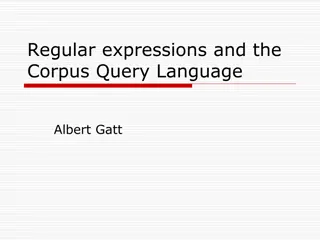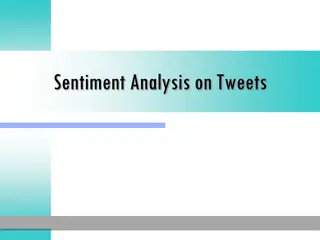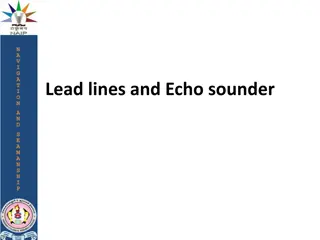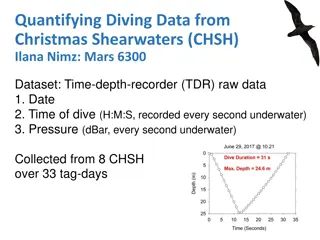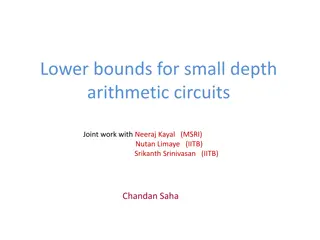In Depth Analysis of Lexicons in School Setting
This study conducted by Dick Hudson at Kelmscott School in March 2018 examines the intricacies of word usage and meaning. The analysis offers a comprehensive exploration of lexicons within an educational environment, shedding light on language understanding and development. By delving into the nature of words, this research provides valuable insights for educators and linguists alike.
Download Presentation

Please find below an Image/Link to download the presentation.
The content on the website is provided AS IS for your information and personal use only. It may not be sold, licensed, or shared on other websites without obtaining consent from the author.If you encounter any issues during the download, it is possible that the publisher has removed the file from their server.
You are allowed to download the files provided on this website for personal or commercial use, subject to the condition that they are used lawfully. All files are the property of their respective owners.
The content on the website is provided AS IS for your information and personal use only. It may not be sold, licensed, or shared on other websites without obtaining consent from the author.
E N D
Presentation Transcript
Whats in a word? Dick Hudson Kelmscott School, March 2018
Take the word acquire. What is there to know? spelling pronunciation frequency meaning synonyms antonyms when to use it grammar history (etymology) language
Take know: Whats its grammar? word class verb > transitive verb morphology e.g. past tense related words e.g. knowledge, knowledgeable, knowing historical: can, quaint, acquaintance, diagnosis, recognise, cognition, connoisseur, gnome, ignorant, narrate, note syntax e.g. know someone, know something, know that ...,
Semantic relatives of know that know that X (X is true) realise appreciate see recognise grasp understand believe that X (X may be true) think assume hold maintain suspect suppose deduce consider
Some extracts from Jekyll and Hyde the building which was indifferently known as the laboratory or dissecting rooms I have since had reason to believe the cause to lie much deeper in the nature of man, and to turn on some nobler hinge than the principle of hatred. ... which I must still believe to be the lethal side of man ...
The syntax of know and believe: What next? + noun know/believe Joe/the answer + (that) + ... verb know/believe that it s Monday + noun + to + verb know/believe Joe to be reliable + noun + adjective believe Joe reliable (not: know him reliable) + noun + as + adjective recognise Joe as reliable
We need a table! verb + noun + (that) + ... verb + noun + to + verb + noun + adjective + noun + as + adjective know know Mary know that she is ... know Mary to be ... *know Mary reliable *know Mary as reliable believe believe Mary believe that she is ... believe Mary to be ... believe Mary reliable *believe Mary as reliable recognise recognise Mary recognise that she is ... recognise Mary to be ... *recognise Mary reliable recognise Mary as reliable
So what? You already know a lot of words very fine detail about individual words. But there s plenty more to learn. Most of it you ll learn by reading (more than by watching) by paying attention to unfamiliar words and patterns. And the more you learn, the better you ll do in GCSE and even more importantly, in the rest of life
